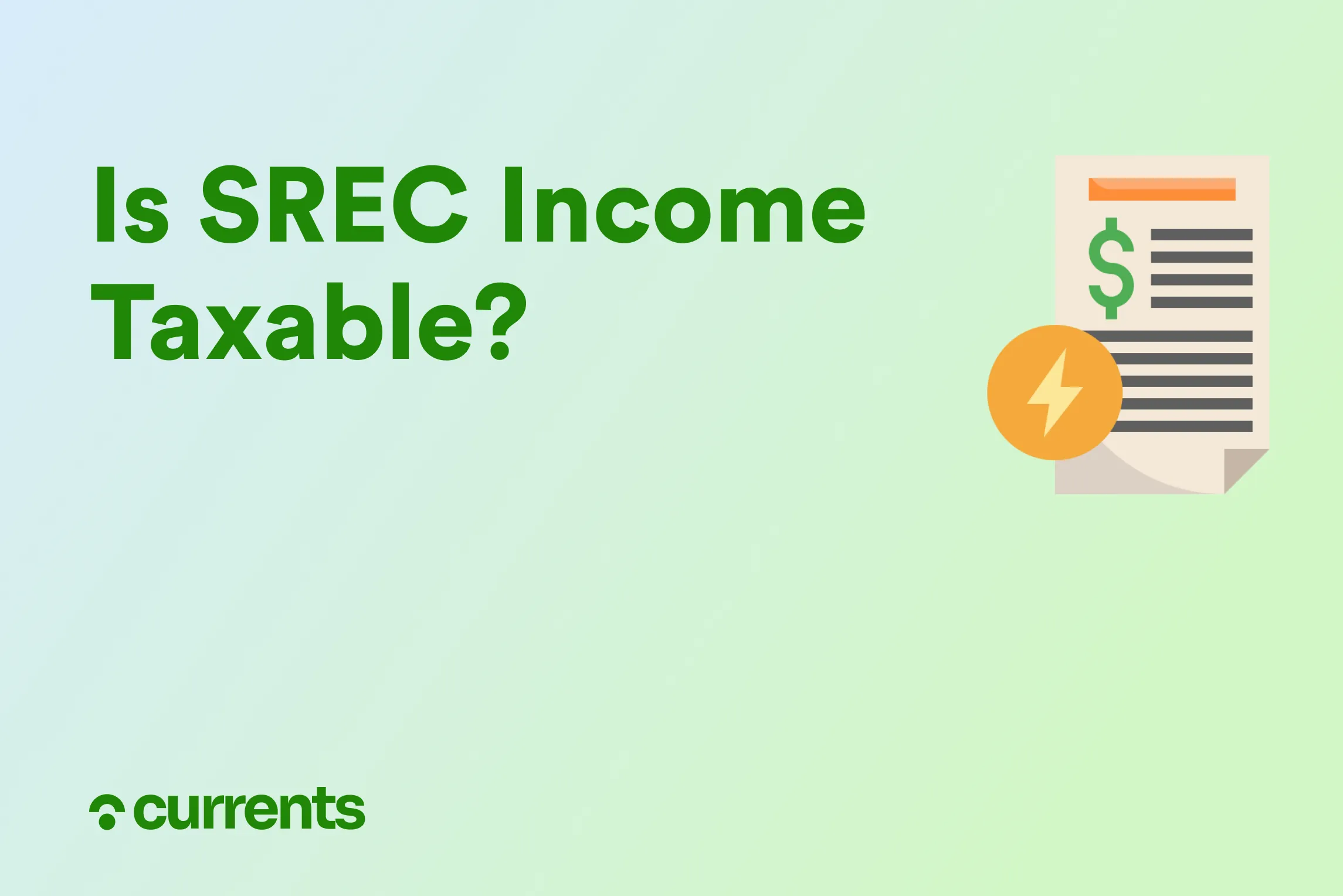Have you ever found yourself basking in the glow of your solar panels, only to wonder if the SREC payments you receive are taxable? You’re not alone.
Many solar energy enthusiasts like you are reaping the benefits of Solar Renewable Energy Certificates (SRECs), but the tax implications can be a bit murky. Understanding whether these payments add to your tax burden can be a real game-changer. Imagine being able to navigate your tax return with confidence, knowing exactly how your green energy choices impact your financial landscape.
We’ll dive into the specifics of SREC payments and taxation, providing you with the clarity you need. Stay with us, as the answers might surprise you and could potentially save you money.
Srec Payments Basics
SREC stands for Solar Renewable Energy Certificates. These certificates are rewards for using solar power. SREC payments come from selling these certificates. People with solar panels can earn them. It’s like getting money for using sunlight.
The money from SREC payments is not always taxable. It depends on where you live. Some places see it as taxable income. Others see it as a rebate. Always check local tax rules. It’s important to know how taxes work in your area.
Keep records of your SREC sales. This helps during tax time. If unsure, talk to a tax expert. They can explain tax rules clearly. Knowing this keeps you prepared and avoids surprises.

Tax Implications Of Srec Payments
SREC payments can be taxable income. The IRS sees them as income. They should be reported on your tax return. It’s important to keep accurate records. Use these records during tax filing. Consult a tax advisor for help. They will ensure proper reporting.
State taxes vary by location. Some states tax SREC payments. Others might not. Check your state’s tax laws. Understand how SREC payments are taxed locally. State rules can be different from federal rules. Always verify with a local tax expert. They can guide you correctly.
Calculating Tax On Srec Payments
Income Classification: SREC payments are part of your income. They can be seen as extra money you earn. You might need to pay tax on them. It depends on where you live. Some places have different rules. It’s important to know your local tax laws.
Deductions and Exemptions: Sometimes, you can get deductions. This means paying less tax. You might also get exemptions. This can happen if you use the SREC for something specific. Always check what is allowed in your area. You can save money this way.

Tax Reporting For Srec Payments
SREC payments must be reported correctly. Gather all related documents. Receipts and contracts are essential. They show payment details. Include bank statements. They prove payment amounts. Invoices show what was billed. Keep copies of all documents. This helps avoid errors. Accurate records prevent problems. Organize files neatly. Use folders for easy access.
Ignoring receipts can lead to issues. Always record every payment. Missing invoices can confuse tax reports. Double-check all amounts. Wrong calculations cause errors. Ensure calculations are correct. Overlooking deductions means higher taxes. Know which deductions apply. Late submissions can result in fines. Submit documents on time. Incomplete records lead to audits. Keep complete records to avoid trouble.
Future Trends In Srec Taxation
SREC taxation may change soon. Governments often update their tax rules. They might want more money from SREC payments. Or they might offer new tax benefits. Policy changes can affect SREC holders a lot.
Experts predict some changes. They think new tax laws will come. These laws may help or hurt people. Knowing the tax trends helps prepare for the future. Staying informed is key.
Many countries look at each other’s tax systems. They want to find the best ways to tax SREC payments. Understanding global trends can help anticipate changes.

Frequently Asked Questions
Are Srec Payments Considered Taxable Income?
Yes, SREC payments are typically considered taxable income. When you receive income from SREC sales, it should be reported on your tax return. It’s advisable to consult with a tax professional for specific guidance related to your situation.
How Do I Report Srec Payments On Taxes?
To report SREC payments, include them as income on your tax return. This is usually done on the form for additional income. Keep detailed records of your SREC sales and consult a tax professional for specific instructions.
Are There Any Tax Exemptions For Srec Payments?
Currently, there are no specific tax exemptions for SREC payments. They are treated like any other income. However, tax laws can change, so it’s best to stay updated or consult with a tax advisor.
Do State Taxes Apply To Srec Payments?
Yes, state taxes may apply to SREC payments, depending on your state’s tax laws. It’s crucial to understand your state’s tax regulations. Consulting with a local tax professional can provide clarity and ensure compliance.
Conclusion
Understanding the tax implications of SREC payments is crucial. Knowing if these payments are taxable helps you plan finances better. Always consult a tax professional for personalized advice. They can guide you based on your specific situation. Staying informed keeps you compliant and avoids surprises.
Remember, clear records make tax time easier. This ensures you manage SREC payments effectively. Your financial stability depends on being aware of tax responsibilities. Keep learning about changes in tax laws. This knowledge is power. Stay proactive, and your SREC journey will be smoother.


